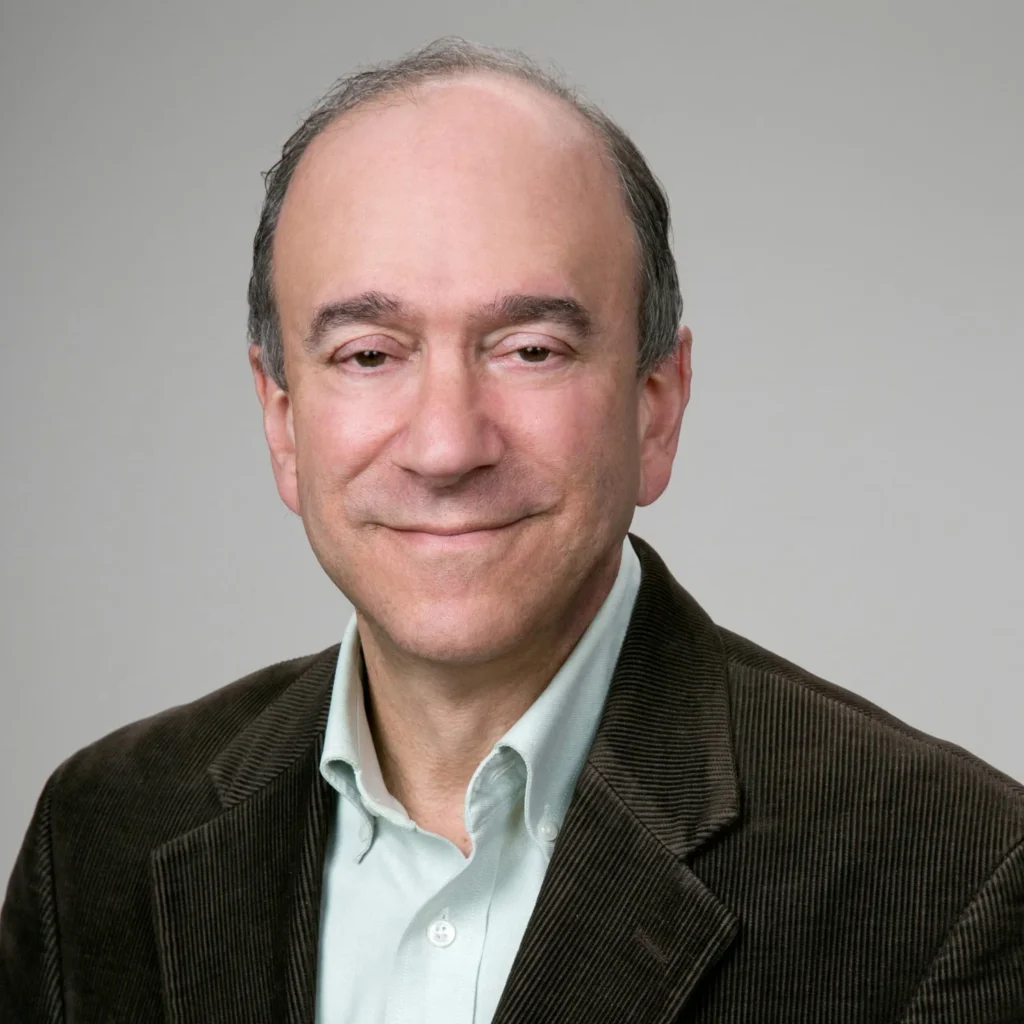
Richard J. Lazarus
Richard Lazarus is the Howard and Katherine Aibel Professor of Law at Harvard University, where he teaches environmental law, natural resources Law, Supreme Court advocacy, and torts. Professor Lazarus has represented the United States, state and local governments, and environmental groups in the United States Supreme Court in 40 cases and has presented oral argument in 14 of those cases. His primary areas of legal scholarship are environmental and natural resources law, with particular emphasis on constitutional law and the Supreme Court. He has published four books, The Making of Environmental Law (U. Chicago 2004), and Environmental Law Stories (Aspen Press, co-edited with O. Houck 2005), The Rule of Five: Making Climate History at the Supreme Court (Belknap Press 2020), and The Making of Environmental Law (U.Chicago 2023), which is a major revision of the original 2004 publication. He was also the principal author of Deep Water – The Gulf Oil Disaster and the Future of Offshore Drilling (GPO 2011), which is the Report to the President of the National Commission on the BP Deepwater Horizon Oil Spill and Offshore Drilling Commission, for which he served as the Executive Director. The Commission was charged with investigating the root causes of the oil spill in the Gulf of Mexico in the Gulf of Mexico in 2010 and recommending changes in law and policy to reduce the risk of future spills and to mitigate their impacts. Prior to joining the Harvard law faculty, Professor Lazarus was the Justice William J. Brennan, Jr., Professor of Law at Georgetown University, where he also founded the Supreme Court Institute. He graduated from Harvard Law School in 1979 and has a B.S. in chemistry and a B.A. in economics from the University of Illinois.
The Salata Institute
The Salata Institute supports interdisciplinary research that leads to real-world action, including high-risk/high-reward projects by researchers already working in the climate area and new endeavors that make it easier for Harvard scholars, who have not worked on climate problems, to do so. Faculty interested in the Climate Research Clusters program should note an upcoming deadline for concepts on April 1, 2024.








